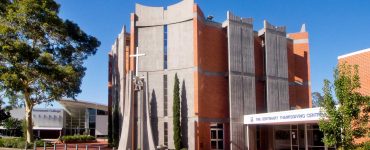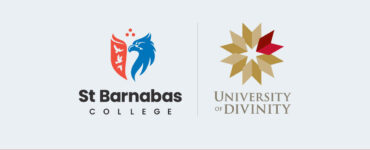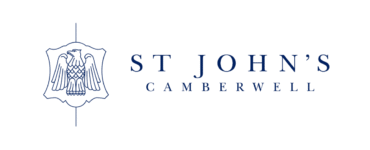On Monday 18 January 2021, the Australian Collaborators in Feminist Theologies and University of Divinity partnered with Brave Network and SOGICE Survivors to present a webinar entitled Conversion Practices Prohibition Bill: A Community Briefing, bringing together theologians, academics, policy experts and survivors to hear what conversion practices are, an overview of this legislation, a theological response, and how to be an effective advocate.
The webinar was hosted by Chris Csabs and Katecia Taylor and speakers included: Cath McKinney, Robyn Whitaker, Beth Barnett, Nicole Mugford, Patrick McIvor, Nathan Despott and Alix Butler, with over 80 attending.
Resources
The organisers have made available to resources for you and your communities to promote an informed understanding of the Bill and it’s aims and obligations.
Excerpts from the event
Genesis 1 is a part of the bible that is often referenced in support of biological ascensionism, that is a binary construct that God intended us as either male or female and nothing else, yet this is not what Genesis 1 says.
Genesis 1 is a poetic way of talking about the created order. It sets up these sharp contrasts, God made dry land and sea, there’s moisture and dryness, there’s birds that fly and there’s animals that creep, there’s darkness and light.
A Yale University Hebrew Bible scholar John Collins writes: “That to distinguish day and night is not to deny there is dusk and dawn, parts of the day when dark and light are not so clearly distinguished” What John is suggesting here, is that in these two contrasts that the ancient writer of Genesis 1 poses for us, there is actually a spectrum. Just because you believe there is both darkness and light does not also mean that you cannot believe there is also dusk and dawn…
Now Collins who I’ve quoted, is a straight, married, Catholic scholar in his 70s. He’s not known for being radical, progressive or an ally of the queer community. He is someone who has however spent a lifetime reading the Hebrew bible and wants us to revisit the way we’ve read Genesis 1. Precisely because it does not claim that God made us only male or female. God made us male and female and everything in between. Collins will go on to say, “that this means androgynous and transgendered people are also created by God.
Now I say this because I think here at the very beginning of Creation, built into the very fabric of Creation, is a spectrum and a diversity of human expression. And that these ancient writers saw that, and then also wrote this sentence: God saw everything that they had made, and indeed that it was very good. So, what if this was our starting point for theology? What if our starting point was that the diversity of Creation reflects the very goodness of the Divine and therefore, that the diversity of sexual and gender expression also reflects the very goodness of the Divine.
Robyn Whitaker
The issue isn’t necessarily theological agreement but how we handle power. That is the number one issue in pastoral practice. Are we happy to look at our practices in regards to power? This is an issue that sits alongside the Royal Commission into Institutional Responses to Child Sexual Abuse, a response that is survivor-centred, survivor-led, trauma informed. It asks that we centre the person who has requested pastoral care and said: This has not been safe for me.
Beth Barnett
At what point do you share who sits around the table? And I know that’s difficult, but any thought about ‘everyone being welcome’ in this climate is a false one because some people are not welcome. I’m clear now about my lines and boundaries about who gets the invite…this conversation is being had because of exclusion.
Cath McKinney






Really disappointed that I missed the webinar on conversion practices. has this been recorded and is it still available?
[…] week I took part in a community briefing about Victoria’s conversion practices bill, hosted […]